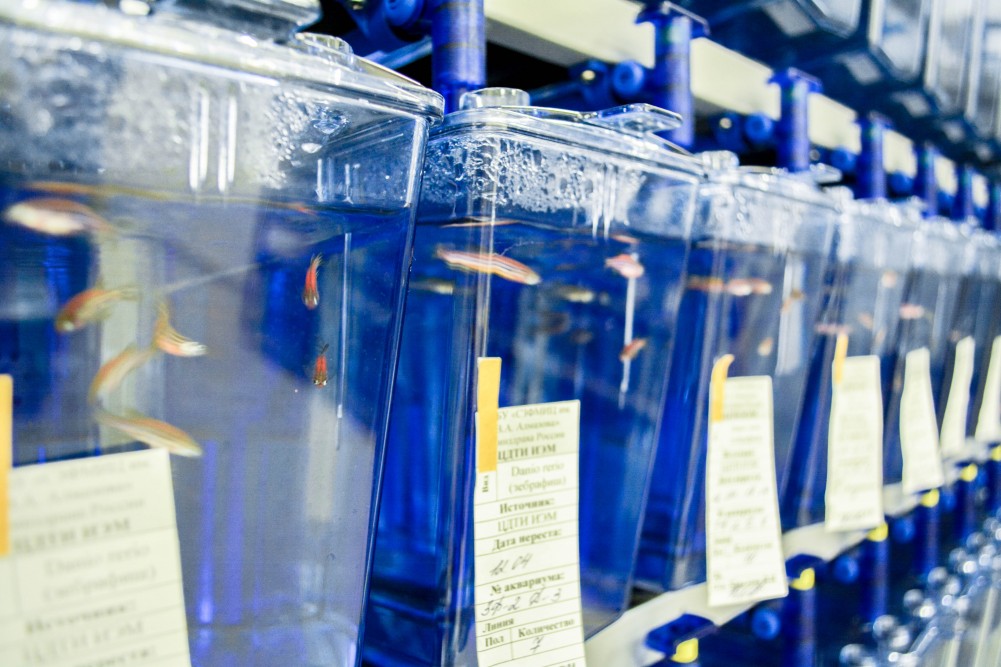
The Institute of Experimental Medicine of Almazov Centre is studying arecoline, a naturally occurring psychoactive alkaloid from areca (betel) nuts of the areca palm (Areca catechu) endemic to South and Southeast Asia. Arecoline consumption is widespread, making it the fourth (after alcohol, nicotine and caffeine) most used psychoactive substance by humans. The effects of arecoline remain poorly understood but is growing use and abuse necessitate further research on this topic.
It is known that in a human body, arecoline acts similarly to nicotine, behaving as a partial agonist of nicotinic and muscarinic receptors. Depending on the dose and individual sensitivity, the substance improves cognitive abilities, while inducing a psychostimulating, euphoric, aphrodisiac, anxiolytic and sedative effect.
The scientific research guided by Professor Alan Kaluev is aimed at a preclinical assessment of the potential mechanisms of arecoline effects on the central nervous system with the possibility of identifying new drug targets for future clinical use. The team will assess the effects of acute and chronic exposure to arecoline in adult zebrafish: anxiolytic activity, monoamine levels in the brain, and the potential role of microglia.
Researchers have already assessed acute and chronic effects of arecoline on the central nervous system in adult zebrafish (model organism) and have comprehensively analyzed a wide range of associated behavioral, neurochemical, endocrine and genomic profiles.
“To study the properties of this substance, we used adult (5–7 months) zebrafish (short-fin, wild-type) as a model organism (50:50 sex ratio). Our research consisted of 3 parts. First, we analyzed acute (20 minutes) exposure to arecoline and multiple doses of areca nut extract. Then the same effects were tested after chronic (7-day) exposure. Finally, we studied the CNS effects of acute 2-hour withdrawal after 12-hour exposure to arecoline solution. Everything was compared with the control group,” explains Director of the Institute of Experimental Medicine, Professor of RAS Mikhail Galagudza.
Specialists evaluate behavior, neurochemistry and gene expression in the control group.
The data obtained by researchers confirms the high sensitivity of zebrafish to arecoline and related compounds and the growing usefulness of zebrafish for studying the molecular mechanisms of CNS drugs. The study also suggests that eventually new anti-stress drugs may be developed based on the integrative actions of arecoline-like molecules on the central nervous system, which may include monoaminergic and neuroimmune processes.
Given the similar anxiolytic effects of arecoline in humans and rodents, the results suggest common, evolutionarily conservative behavioral effects of acute administration of arecoline in zebrafish, which also increases the likelihood that other described potential effects of arecoline on the central nervous system may have translational significance.
Since its publication in Progress in Neuro-Psychopharmacology and Biological Pcychiatry, the article has been identified as a highly cited, ranking in the 1% of most cited pharmacology articles on the Web of Science this year.
